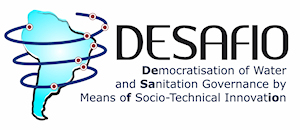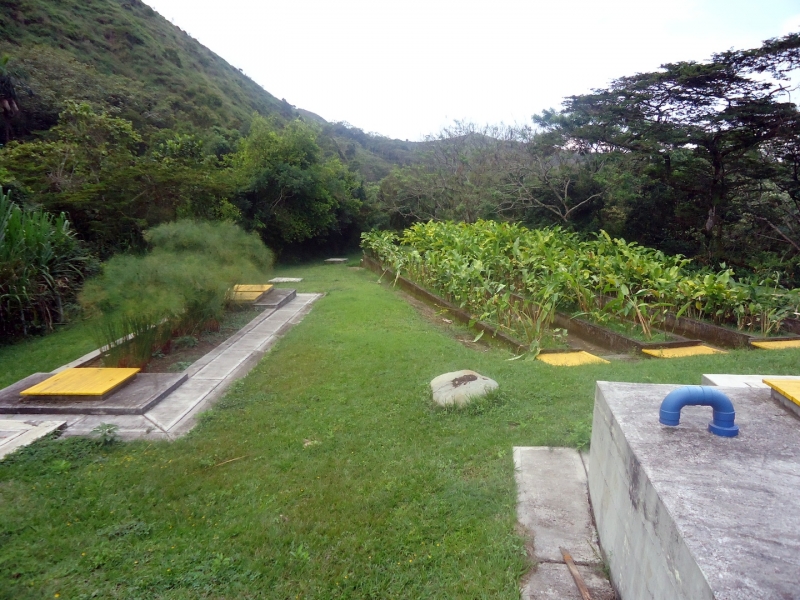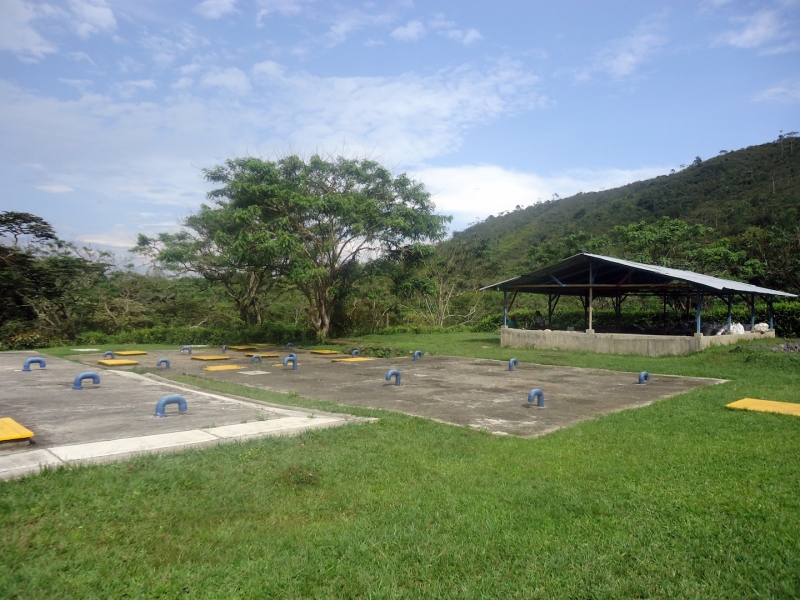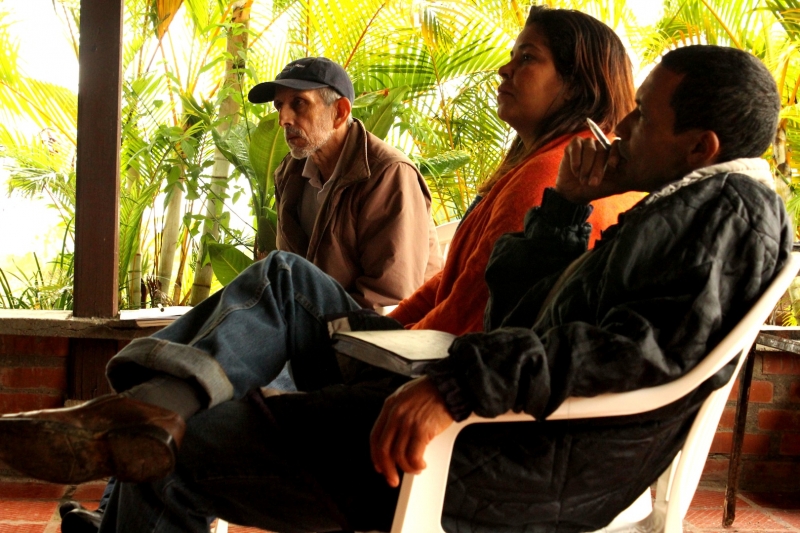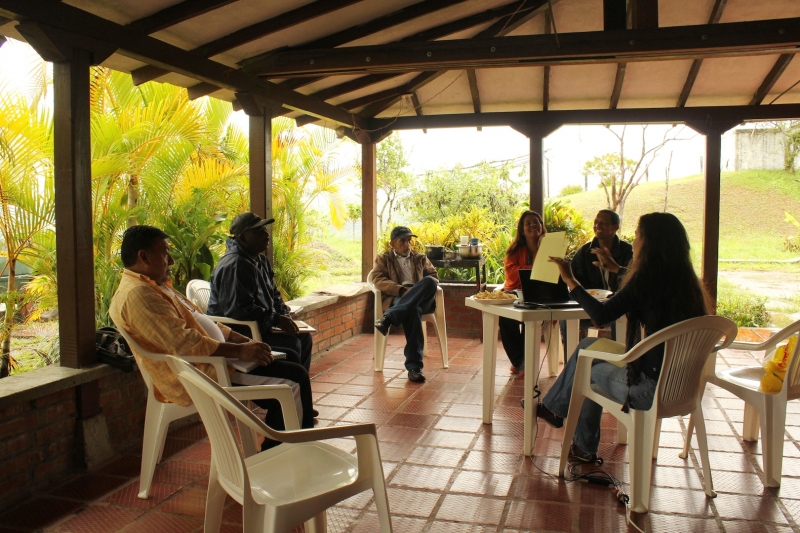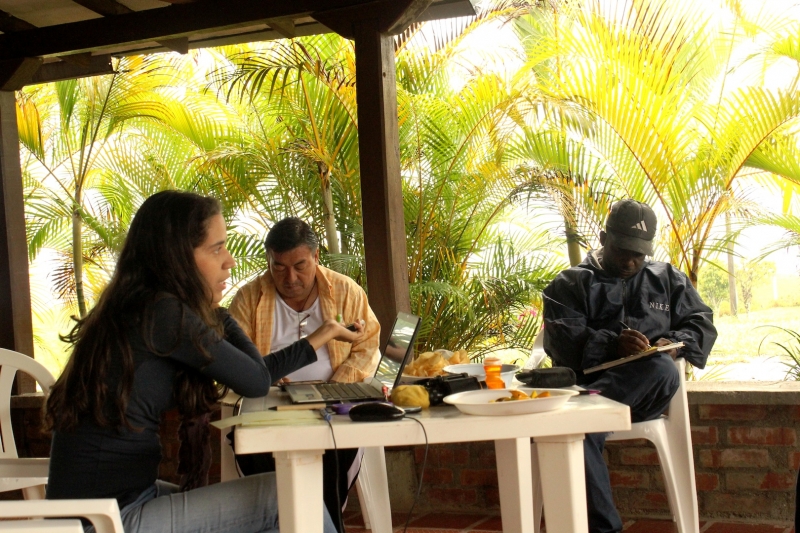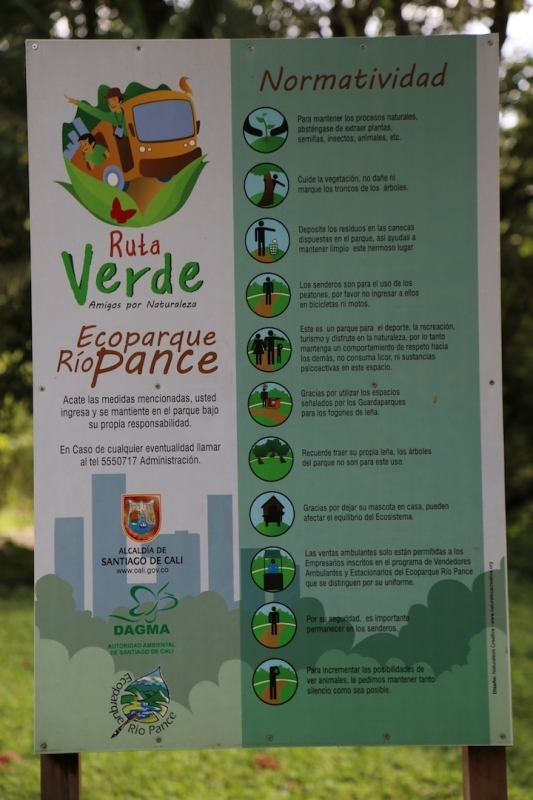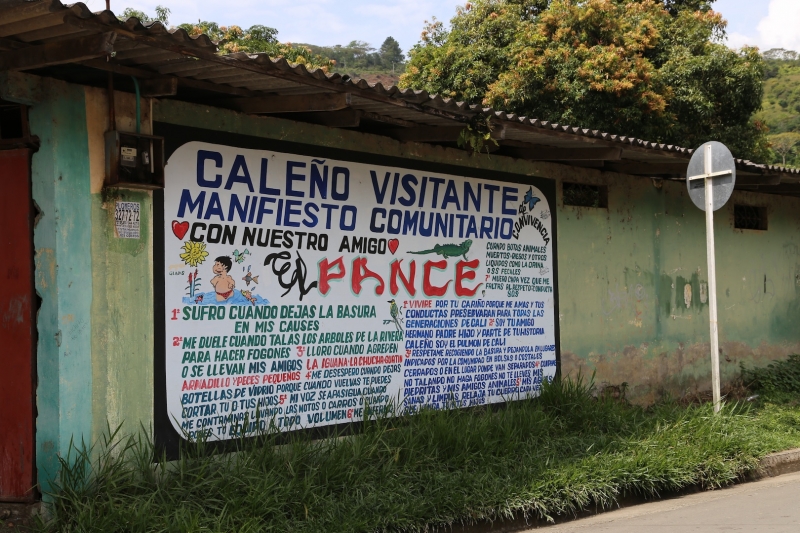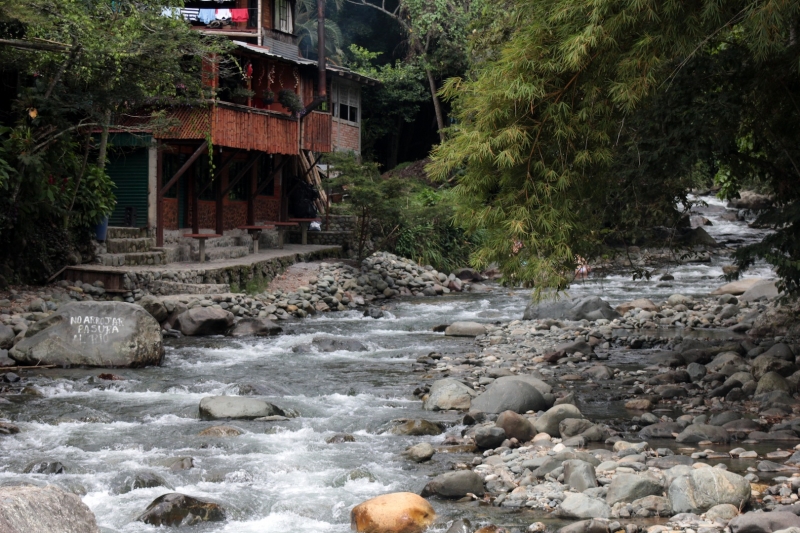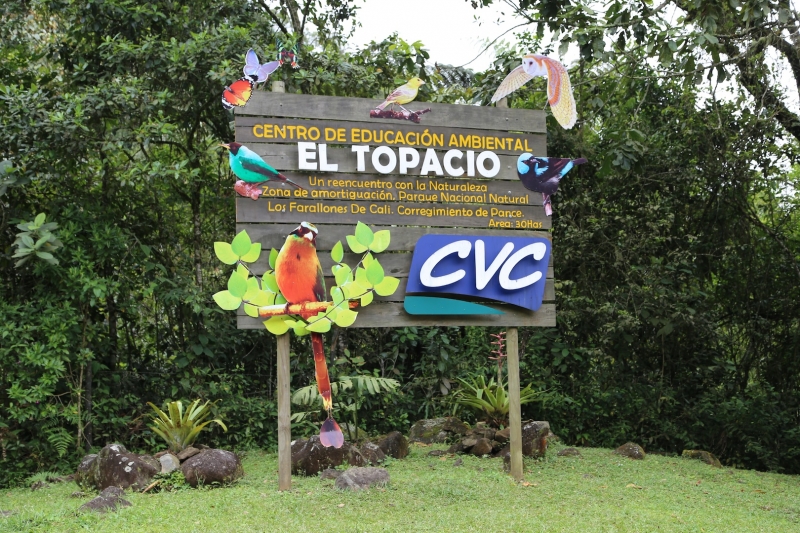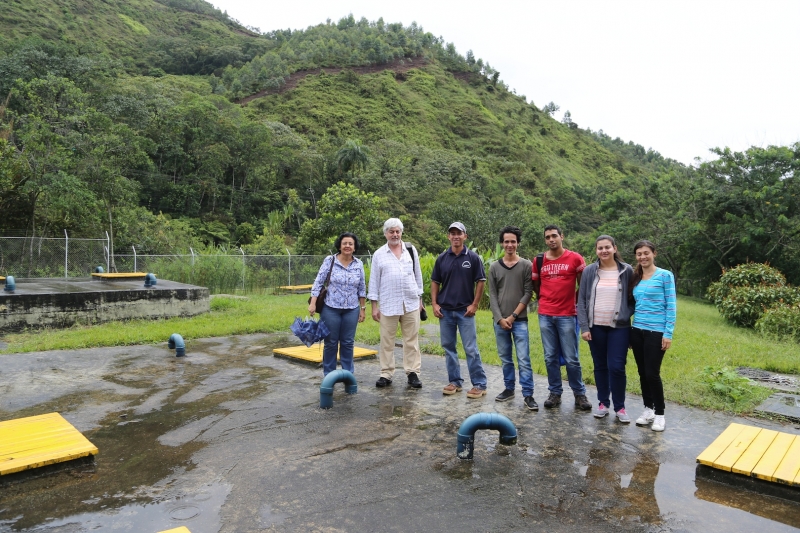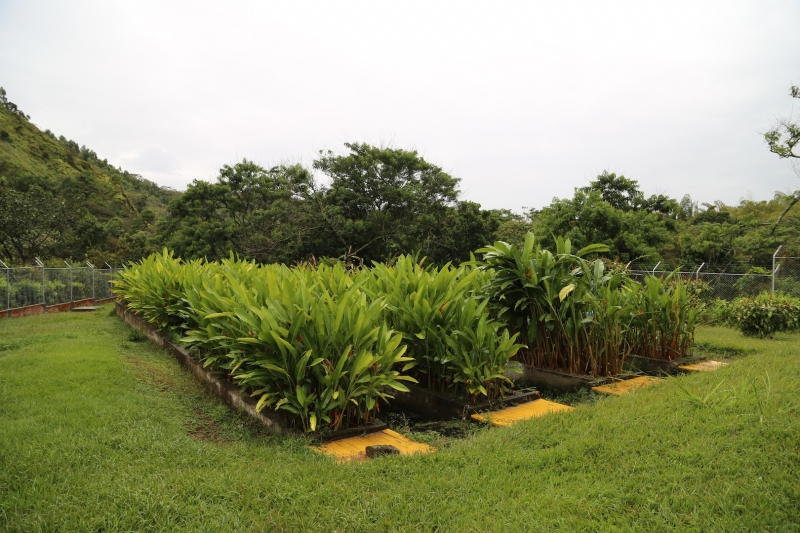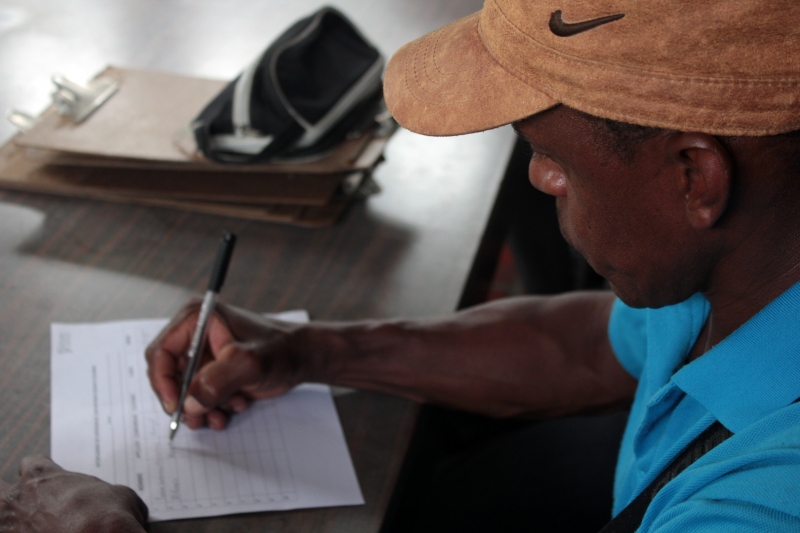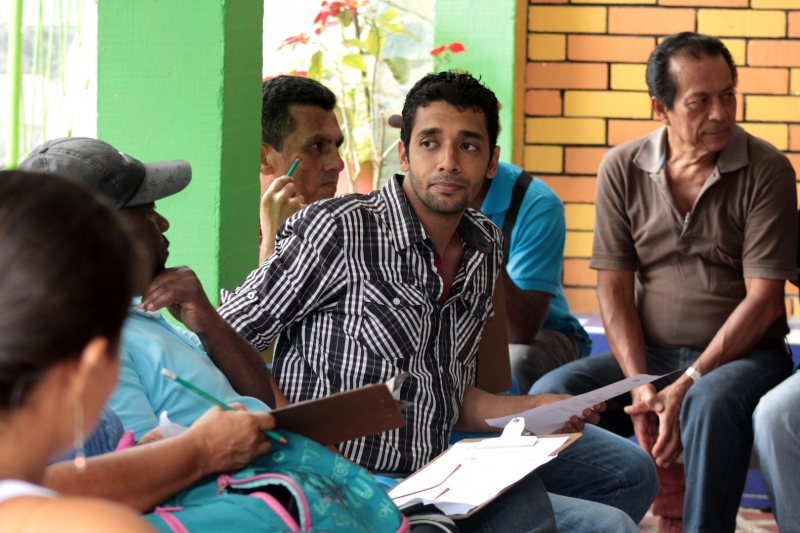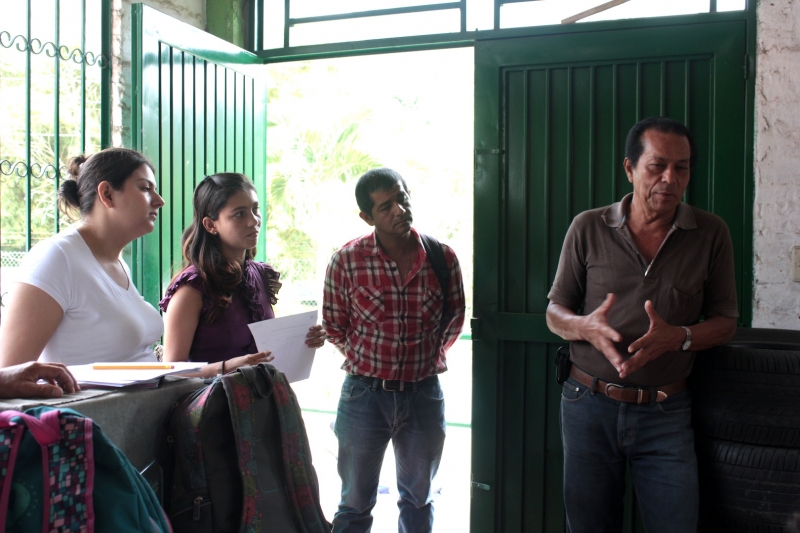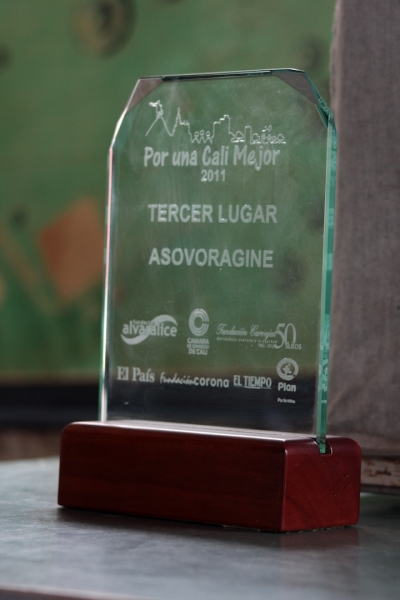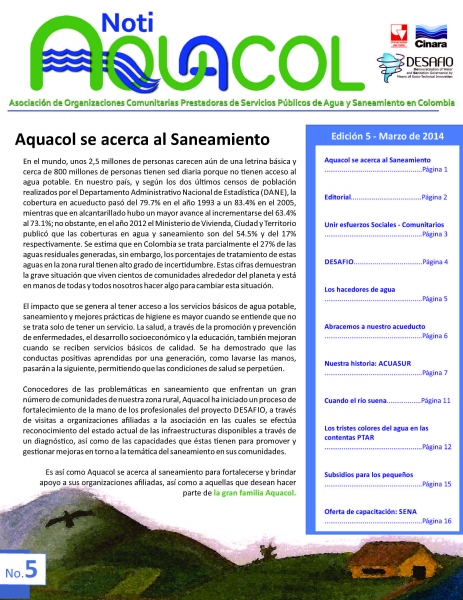2.4 Empowerment, Resilience and Sustainability: Evaluation of an Integrated Water and Sanitation System in a Rural Community in Colombia
La Vorágine is a small peri-urban community on the bank of the river Pance, near Cali. Since 1997, the community, through its Water and Sanitation Users Association (ASOVORÁGINE), has been responsible for the operation and maintenance of an eco-friendly, integrated water and sanitation system. The construction of this system in La Vorágine required the mobilisation and empowerment of the community and gathering support from various local actors such as the municipal water company and the environmental and health authorities. Employing methods such as Participatory Action Research (PAR) and Participatory Rural Appraisal (PRA) techniques, this case study systematically assessed this experience, and particularly its ecological-environmental, socio-political and cultural, and political-institutional dimensions. We focused on the sustainability of the model, the interactions between the social and ecological systems, and the relationship between the vulnerability and the adaptive social capacity (resilience) of the community in the face of external pressures driven by the activities of interest groups operating in the region.
This case study was coordinated by Dr Mariela García and Dr Miguel Peña, from the CINARA Institute at the University of the Valley (UNIVALLE), Cali, Colombia.
The case study report has now been published as:
Peña, M., M. García, A. F. Toro, J. Vargas, V. A. Ceron, E. Mena, and V. Orjuela (2015a), “Empowerment, resilience and sustainability: evaluation of an integrated water and sanitation system in the rural community of La Vorágine, Colombia”, in J. E. Castro (Ed.), WATERLAT-GOBACIT Working Papers, DESAFIO Project Series SPIDES, Vol. 2, No 9. Download it here.













